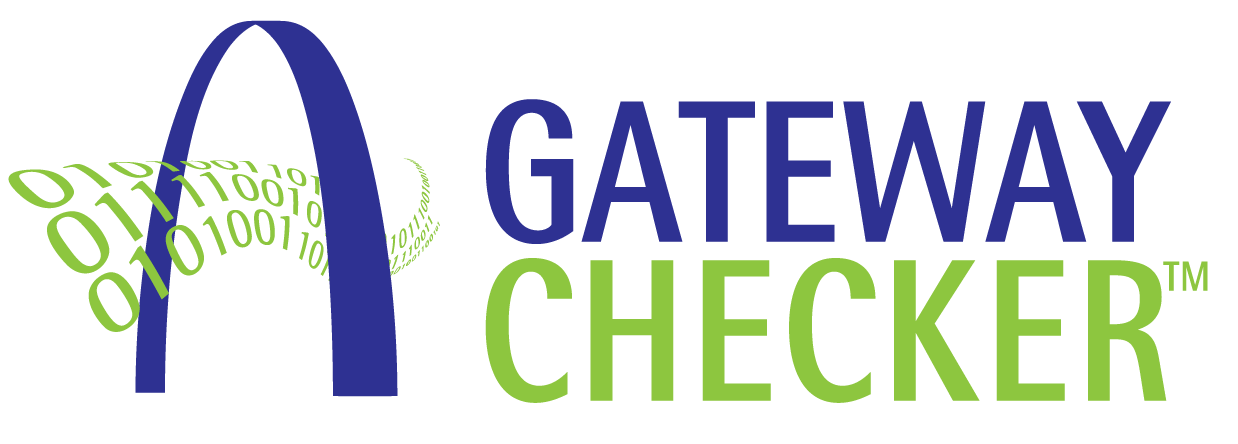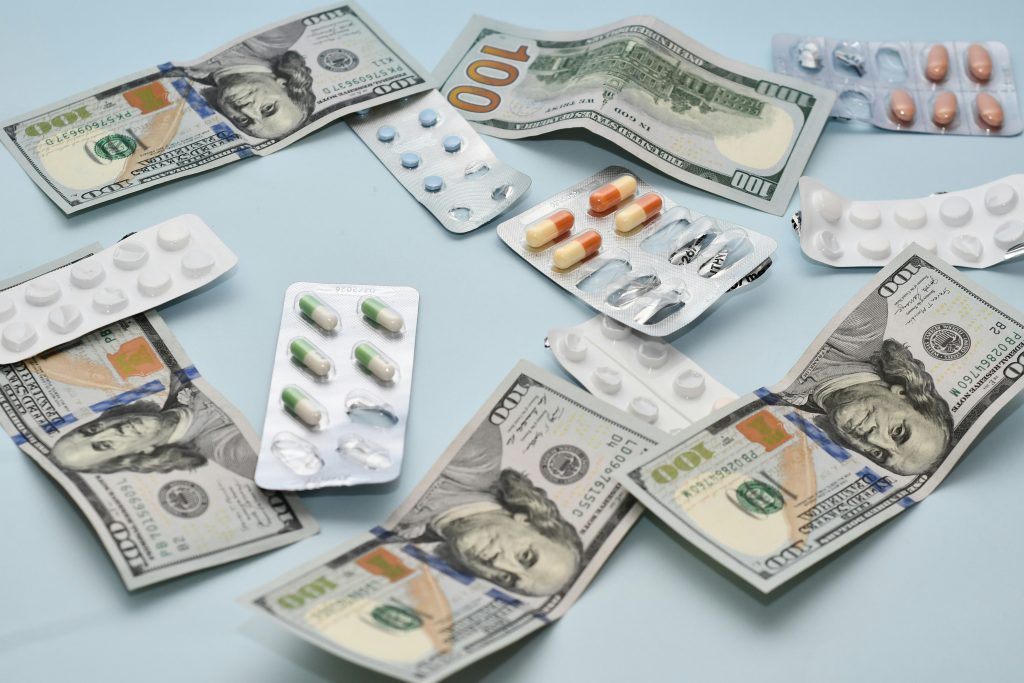The Verification Router Service (VRS) can verify the printed product identifier barcode of U.S. prescription pharmaceuticals in about one second. As a result, Authorized Trading Partners (ATPs) can quickly determine whether a returned item is safe to resell or if commerce should be suspended due to recalls, expiration, or suspicion of illegitimacy.
This marks the realization of a 10-year effort. I remember participating in the 2015 HDA Traceability Work Group, wondering whether there was enough interest and esprit de corps to bring this vision to life.
Last Friday (October 24th), I presented on exception handling status codes and their implications alongside other industry leaders at the HDA VRS Quarterly Update. Based on a recent review of over 140,000 verification requests from September 2025, more than 80% of product verification requests are successfully processed, and 95% of those are verified as “True.”
Here’s what the analysis tells us:
- Requests are increasing, and there is a 75–80% probability that the product’s GTIN will be found in the VRS directory.
- About 5% of successful requests return “Verify = False,” with 75% of these due to a non-matching Product Identifier.
- Approximately 15% of GTINs requested are not found in the lookup directory.
- A variety of factors—such as unauthorized access, bad requests, and server errors—account for the remaining 5% of verification failures.
- Some responders are not faithfully following GS1 Application Standards, and a few solution providers have invented their own verification failure reason codes.
If you’re a pharmaceutical manufacturer or wholesaler, it’s time to fully embrace and adopt VRS. Here’s why:
- Under DSCSA, all trading partners must have “verification systems” for managing suspect and illegitimate products.
- Successful product verification using VRS is no longer a vision—it’s a reality.
- Manufacturers may face a competitive disadvantage if their competitors support VRS and they do not.
- ATPs achieve the fastest possible verification with VRS—especially when systems are maintained and manufacturing participation rates reach 95%.
- Wholesalers can easily facilitate saleable returns and avoid being caught off guard by recalled or suspect products.
- With regulators increasingly recognizing the value of product verification, the supply chain should expect more requests. Not being able to respond is a risk your business can easily avoid.
- If you’re struggling to reliably execute or respond to product verification requests, use the VRS test environment to troubleshoot your system.
Gateway VRS Verify can ensure your VRS system is functioning as designed, and help you become Gateway Certified, the industry seal-of-approval demonstrating commitment to DSCSA conformance. To learn more, contact the Gateway Checker team here.
Our recommendations for improving drug product verification:
- Develop and Communicate Best Practices: Review GS1’s best practices for handling different HTTP status codes and share them with your trade partners to ensure timely and accurate responses. Analyze verification call patterns to identify common efficiency gaps.
- Establish SOPs: Create step-by-step Standard Operating Procedures for various product verification scenarios. Ensure SOPs are well-documented and staff are properly trained.
- Performance Monitoring: Continuously monitor your VRS system’s performance, including response times, the percentage of HTTP 200 responses, and the percentage of successful verifications (Verified = True).
- Update Systems Frequently: Schedule regular updates to address deficiencies that impact output quality and user experience.
- Test VRS Systems: Test your VRS system under various scenarios (expected vs. observed responses) using an independent, comprehensive testing application like Gateway Checker’s VRS Verify.
With so many solution providers offering different VRS systems, using an independent system provides impartial governance and auditable evidence of your VRS network’s readiness to support accurate product verification.
What are your experiences with VRS? Feel free to let us know by messaging our team: support@nullgatewaychecker.com





